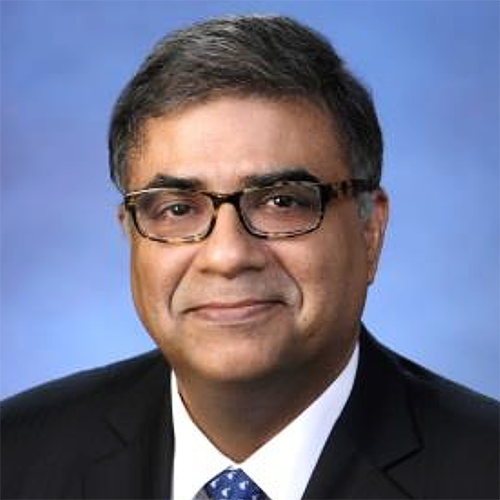Companies are increasingly adopting environmental, social and governance (ESG) principles as investment managers integrate sustainability metrics into their investment process. But it’s still “something of a wild west”. The confusion and efficacy of ESG investing seem to grow in equal measure.
In June, the US Department of Labor proposed a new regulation banning pension plans from offering ESG funds, unless the strategies have “pecuniary” aims and don’t subordinate plan participants to “furthering social goals or policy objectives”, as Secretary of Labor Eugene Scalia put it. Yet 95% of some 8,700 public responses “overwhelmingly” oppose the proposal, from individuals to investment groups to non-investment organizations, according to Ceres, a sustainability-focused non-profit organization.
Meanwhile, the CFA Institute just published a 42-page consultation paper proposing voluntary global ESG disclosure standards for investment products. Why? “The confusion surrounding ESG terminology, methods, and ESG-related features can lead to unproductive conversations between investors and their consultants or advisors, resulting in client dissatisfaction with the buying process and missed opportunities to meet clients’ needs."
And despite sceptical financial media articles arguing that “dubious” ESG investing is for “dupes only” and that any ESG-related outperformance is more a matter of “luck”, assets in dedicated sustainable-investment strategies and mutual funds that explicitly state their integration of ESG principles have grown to reach tens of trillions of dollars globally, according to a variety of estimates. One milestone was just hit in the market for ESG exchange-traded funds and products: assets reached US$101 billion in July, up from US$88 billion at the end of June, helped by US$6.76 billion in fresh inflows, consultancy ETFGI reports.
Standardization of methodology
ESG investing has been around for the better part of two decades but has really only come of age in the last few years, as companies increasingly adopt ESG principles to bolster their operational performance and sustainability. Investors increasingly use third-party ESG data provider rankings to complement their own research process. But the most advanced have already deeply embedded ESG into their investment process, recognizing how it contributes to risk-adjusted returns.
To be sure, it’s not straightforward. True ESG integration at the corporate level can be highly variable, leaving the ESG data of third-party providers also highly variable in quality, accuracy and value. But professional investors who have successfully integrated ESG criteria meaningfully have enhanced their investment process, particularly over the last few years, says Jake Walko, director of ESG investing and global investment stewardship at Thornburg Investment Management.
“What has changed the last couple years is that you’re finally able to measure ESG criteria that you couldn’t in the past and measure them in a way that is comparable across companies and over time,” Walko says. “The standardization in methodology, the more effective capture of data and much improved disclosure from companies themselves, especially in different jurisdictions like Europe or Japan, have really created a decision-useful set of ESG data that, put in the hands of people who are educated and informed about what these things are measuring, can really facilitate sound investment decisions that were not possible in the past.”
Starting to walk the walk
Third-party, or external, ESG data providers, for their part, have amassed “very comprehensive” data sets, which are helpful. But, ESG investment strategies aren’t all doing the same thing. “There are big differences between clients who have specific values expectations or mandates that have political or social dimensions,” Walko notes. Skilled active investment managers join those dimensions with a sharp focus on traditional fundamental investment analysis to understand which companies are best positioned to be successful in the future. While active managers have always assessed corporate governance, ESG considerations add a host of measures to enhance and amplify that assessment.
Indeed, the skilled active manager’s ESG analysis of a company’s sustainability data and corporate management’s explanations on the significance of the data it provides, can produce invaluable insight into the investment prospect. Much, of course, depends on context: companies at various stages of growth, in specific sectors, in certain geographies. Ideally, active managers want to identify those companies that are genuinely integrating ESG factors, but are still in early days, and so haven’t yet been ranked highly by third-party ESG providers. Such “ESG momentum” plays often make great investments.
But it’s crucial to distinguish between those who talk the ESG talk and those who walk the walk, even as the legal implications and potential liabilities related to what companies disclose in their sustainability reports grow. This is especially important for companies that are not ostensibly ESG, say miners or energy firms, but whose products and services remain indispensable for modern life.
The key to successful ESG investing is to integrate the ESG analysis throughout the research process: from idea generation and initial screening through to the final investment decision, Walko says. “You want to cut out laggards as quickly as possible to focus on the companies that are really the most compelling investment ideas, that are well positioned for a future with sustainable dimensions.”
Charles Roth is Global Markets editor at Thornburg Investment Management









